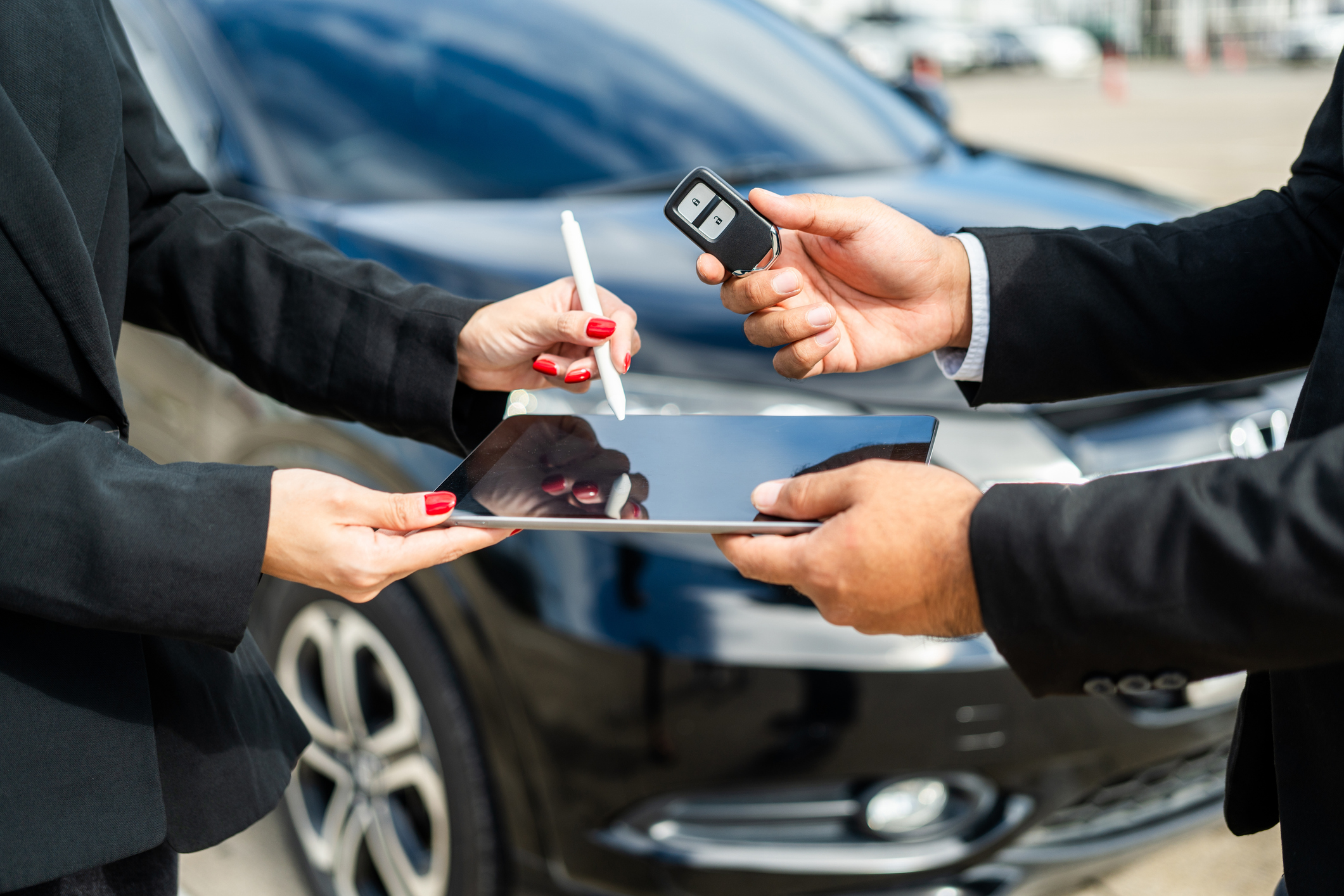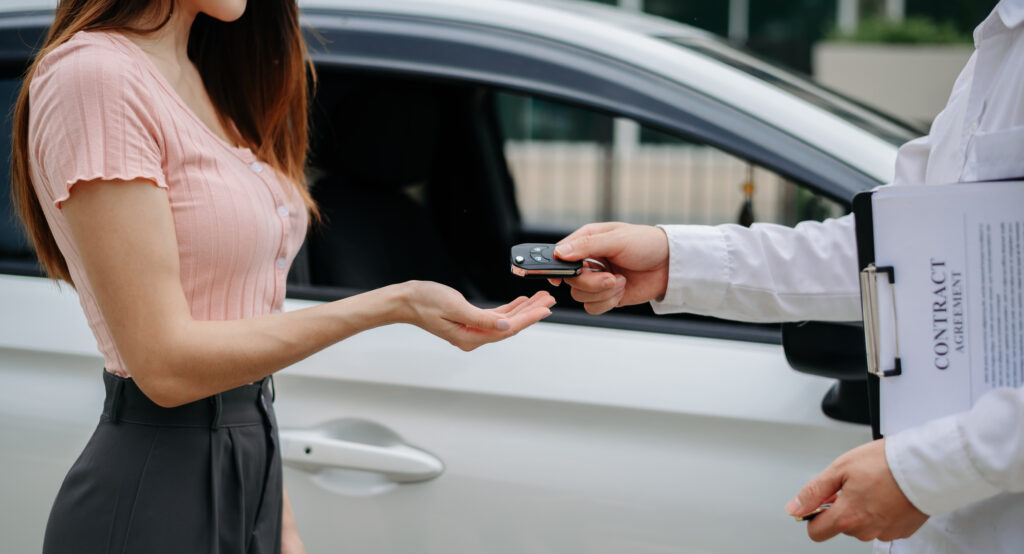- 2 Nov 2025

Buying a car is a major decision, often involving financing agreements, long-term commitments, and significant financial planning. But what if you immediately regret your purchase? The question arises: can I return a car I just bought in California? While the idea of a buyer’s remorse clause may seem common in consumer transactions, the actual legal framework surrounding car returns in California is more complex than many realize.
California’s laws around vehicle purchases do not generally allow consumers to return a car simply because they changed their mind. Still, certain legal protections and contractual provisions might allow some recourse depending on the situation. Understanding your rights under state law, the terms of your contract, and the dealership’s policies is essential before attempting a return.
Can I Return a Car I Just Bought in California Under State Law?
California does not offer a blanket “cooling-off period” for vehicle purchases. Once the buyer signs the contract and takes possession of the vehicle, the transaction is typically final. In most cases, you cannot simply drive the car back to the dealer the next day and expect a refund. This rule applies whether the vehicle is new or used, and whether it was purchased outright or financed.
However, California law makes a few exceptions. The California Vehicle Code includes specific conditions under which a vehicle can be returned. One such instance involves contractual cancellation agreements that may be included when purchasing a used car from a dealership. Some dealers voluntarily offer cancellation options for a limited period, but they must clearly outline the terms, and the buyer must pay a nonrefundable fee.
Used Car Returns and the California Option Contract
Used car buyers in California have slightly more flexibility—if they purchase a contract cancellation option agreement at the time of sale. This agreement allows the buyer to return the used car within two days for vehicles priced under $40,000, under specified conditions. These terms must be documented in writing and signed by both parties.
If a buyer exercises this option within the allowed timeframe, the dealer must accept the return, provided the vehicle is in the same condition as when sold and within the mileage limit. While this does not apply to new cars, it provides a framework under which certain returns can happen in a short time window.
Consumers often misunderstand this policy, believing it applies to all vehicle purchases, but it is specifically designed for used car sales and must be actively included in the transaction. In the absence of such an agreement, returning the vehicle becomes legally difficult unless another provision like a warranty or lemon law applies.
What About New Cars? Can You Return a Brand-New Vehicle?
Unfortunately, if you just bought a brand-new vehicle, your ability to return it is extremely limited. Once a purchase agreement is signed, and the car leaves the lot, California law generally treats the sale as final.
That said, exceptions might arise if the dealership committed fraud, misrepresentation, or failed to disclose critical information about the car. In these cases, legal avenues exist to pursue a return or compensation. But such situations require documentation and often legal support.
Buyers sometimes mistakenly assume they can return a car within a few days because of what’s known in other industries as a cooling-off period. This is a common myth. There is no automatic cooling-off period for new car sales in California. To better understand this misconception, it’s helpful to read more about Is there a Grace Period to Return a New Car in California?. That article dives deeper into why this belief persists and how California law treats new vehicle purchases.

What If the Car Is a Lemon?
One of the more well-defined legal protections available to California car buyers is the state’s lemon law, officially known as the Song-Beverly Consumer Warranty Act. This law provides relief when a newly purchased or leased vehicle has substantial defects that the manufacturer or dealer cannot fix after a reasonable number of repair attempts.
If the car meets the criteria outlined under California lemon law, the consumer may be entitled to a refund or replacement vehicle. This remedy is not the same as simply returning the car because of buyer’s remorse. It requires documentation of the defect, evidence of repair attempts, and compliance with certain legal procedures.
To learn more about your rights and the process under California’s lemon law, consumers can refer to guidance offered by the California Department of Consumer Affairs, a reliable government resource outlining the consumer protections available in the state.
Misrepresentation or Fraud at the Dealership
Although the law does not permit returns just because the buyer changes their mind, it does offer legal options if fraud or misrepresentation occurred during the sale. If a dealership lies about a vehicle’s condition, history, or terms of sale, that can invalidate the contract.
Common examples include odometer fraud, hiding a salvage title, or falsely advertising features the vehicle does not have. If any of these apply, buyers may be able to rescind the contract or seek compensation under California consumer protection statutes.
Documenting everything—emails, text messages, advertisements, and signed paperwork—becomes critical in these cases. If fraud can be demonstrated, a court may order the return of the vehicle and a refund to the buyer.
Financing Cancellation and Dealer Back-Outs
Sometimes, auto dealers will allow you to take the car home before financing is finalized. This situation can create confusion if the financing later falls through. In such cases, the dealer may request the return of the vehicle. This is called a spot delivery, and it often occurs before the loan is fully approved.
If the financing is not finalized, and no binding contract exists, the buyer may need to return the vehicle. However, if the dealer fails to return your down payment or trade-in, that could be a violation of state consumer laws. These scenarios become complex and may require professional legal advice to resolve.
On the other hand, if your financing was approved, and you took full possession of the vehicle, the dealer cannot unilaterally cancel the sale. The car is now yours, and returning it is generally not an option unless both parties agree to rescind the deal.
Protecting Yourself Before Signing the Contract
Because returning a car is extremely difficult in California once the deal is done, taking steps before the purchase is vital. Research the vehicle thoroughly, request a copy of the contract before signing, and ask detailed questions about any return policies or cancellation options the dealership may offer.
Pay attention to whether the dealership includes any buy-back guarantees or written satisfaction guarantees. These are voluntary policies and not legally mandated, but some dealerships offer them as part of their customer service philosophy. These guarantees should always be in writing, as verbal assurances hold little weight if disputes arise later.
Ultimately, prevention is the best strategy when dealing with large purchases like vehicles. Understanding what your rights are—and what they are not—can save you time, stress, and financial hardship.
So, Can I Return a Car I Just Bought in California?
The short answer is: probably not, unless your situation fits a narrow legal exception. Can I return a car I just bought in California is a common and understandable question, especially in the first days after making such a significant financial commitment. But unless the car qualifies as a lemon, the dealer engaged in fraud, or you purchased a used car with a valid cancellation option contract, the sale is final.
California car buyers need to be aware of this legal reality. Relying on misconceptions, like the idea that there is an automatic return window, can lead to frustration. Your best protection is being informed before you buy.
Recent posts
- 17 Oct 2025
Categories
- Accident & Injury Law (54)
- AI (1)
- Copyright Law (1)
- Criminal & Civil Law (17)
- Disability Law (2)
- Driving Law (2)
- Employment Law (1)
- Estate Planning (2)
- Family & Relationship Law (29)
- Food and Drink (2)
- Gas Exposure (1)
- Health (1)
- Immigration Law (2)
- Injury Claim (1)
- Insurance Law (7)
- Legal (40)
- Lemon Law (4)
- Mediation (3)
- Medical Malpractice (1)
- Property & Business Law (9)
- Severance Agreement (1)
- Travel and Leisure (1)
- Uncategorized (12)
- Worker Compensation (2)

